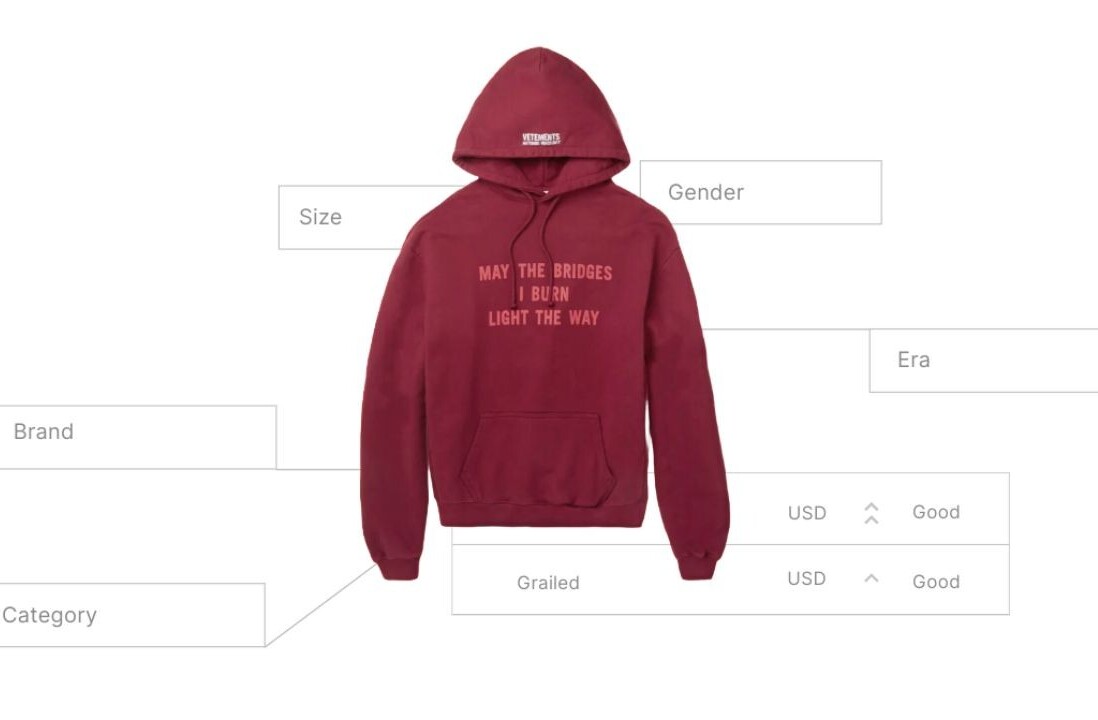
It’s no secret that the BBC had big plans for what it was deeming ‘the first digital Olympics’. And earlier this week, we got a glimpse at some of the BBC’s numbers from the opening weekend, which included:
- 7.8m global browsers headed for bbc.co.uk/sport on Saturday, with 5.6m million UK browsers
- On Sunday both global and UK records were broken as 8.3m global and 6.1m UK browsers were logged at the same site
- 1.15m downloads of the Olympics app
- 55% of browsers came from non-desktop services on Saturday
- iPlayer saw 1.7m requests for the Olympic opening ceremony, with 925k on Saturday alone
At the end of the first week of the Olympics, we can look back and see some even broader trends emerge, with some of the notable figures including:
- BBC Sport Olympics webpages saw an 80% uplift in browsers across PC, mobile, tablet and connected TV (since the start of the Games)
- 1.5m people have now downloaded the BBC Olympics smartphone app
- BBC Sport website has seen 29m request for its Olympics interactive video streams
- BBC Sport website received 729,000 requests for the video of Bradley Wiggins winning his gold medal – the biggest so far
- Every BBC Red Button stream drew 100,000 viewers at some point during week one of the Olympics, with 17m accessing the Red-Button so far
Delving a little deeper into the numbers, it’s interesting to see how the viewing was divided across all four screens (desktop, tablet, smartphone and connected TV). The number of people accessing Olympics content on mobiles is significant – the BBC says that it saw a peak of 2.3m mobile browsers on Wednesday (the day Bradley Wiggins won Gold), and over the course of the week 33% of unique browsers accessed the Olympics from a mobile phone, 8% from a tablet, 3% from a connected TV and 56% from a computer.
However, one of the most interesting observations when delving into the data relates to how people chose to view the Olympics depending on the time of week.

As you can see from this, audiences tended to watch more on PCs during the week, while accessing coverage across mobile, tablet and connected TV more during the weekend. Indeed, last weekend, you’ll note that more than half of all browsing took place away from a computer, but during the week computers trumped other platforms, accounting for nearly two-thirds.
Perhaps this has something to do with people accessing coverage at work through their PCs, while opting for mobile access when out and about at the weekend. It will be interesting to see how these numbers evolve over the remainder of the Olympics, which should help give a clearer picture as to the strength of each device as media-consumption platforms.
Get the TNW newsletter
Get the most important tech news in your inbox each week.





